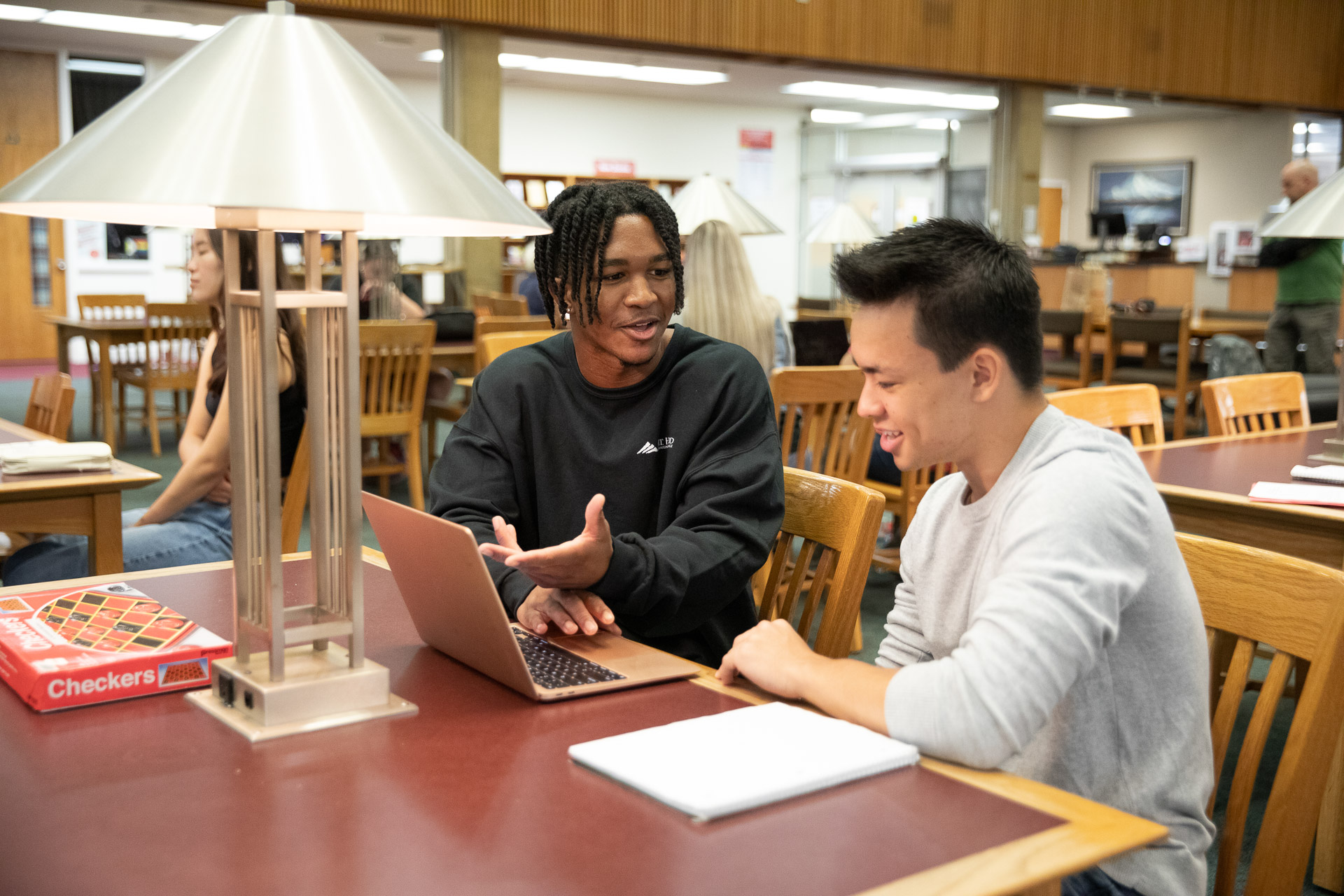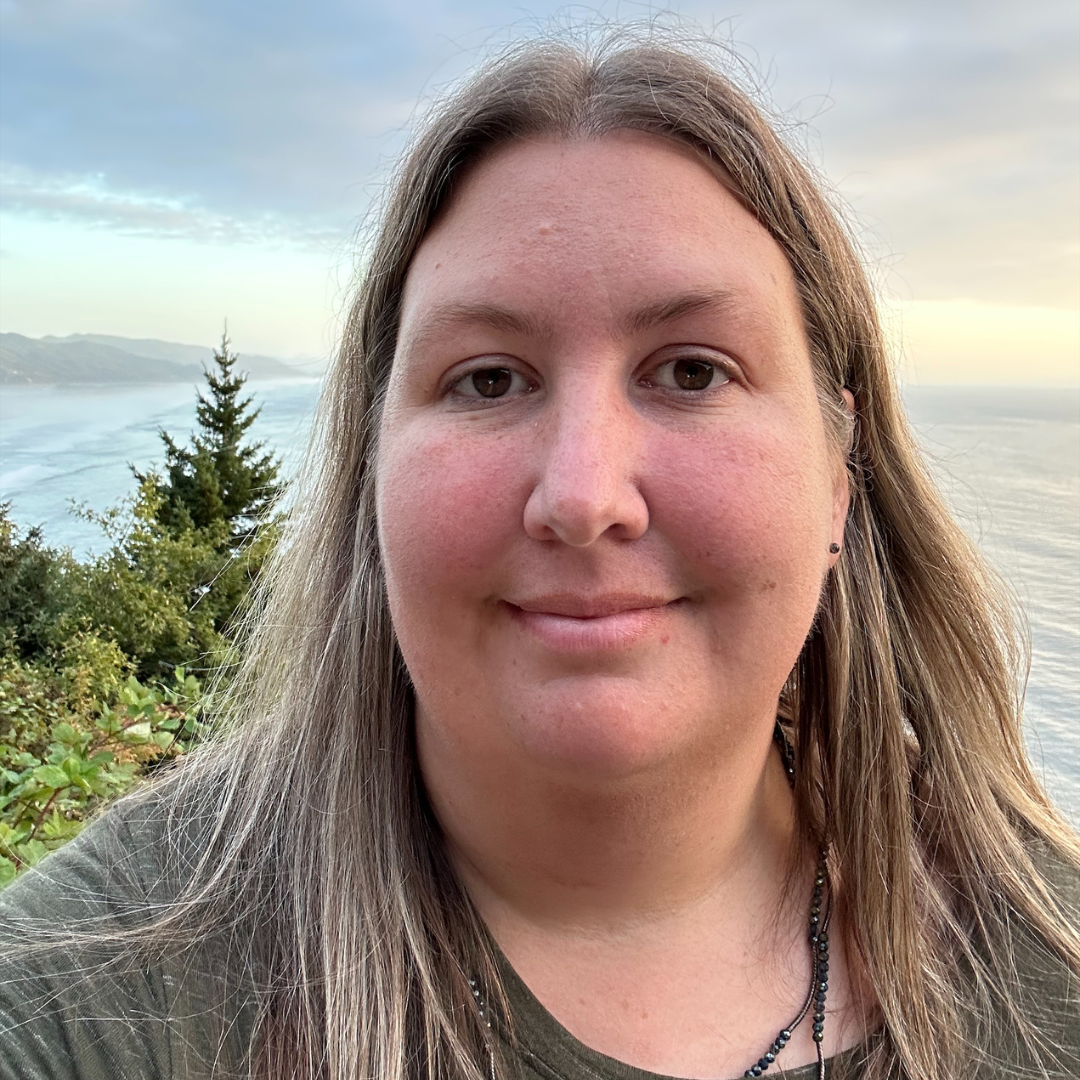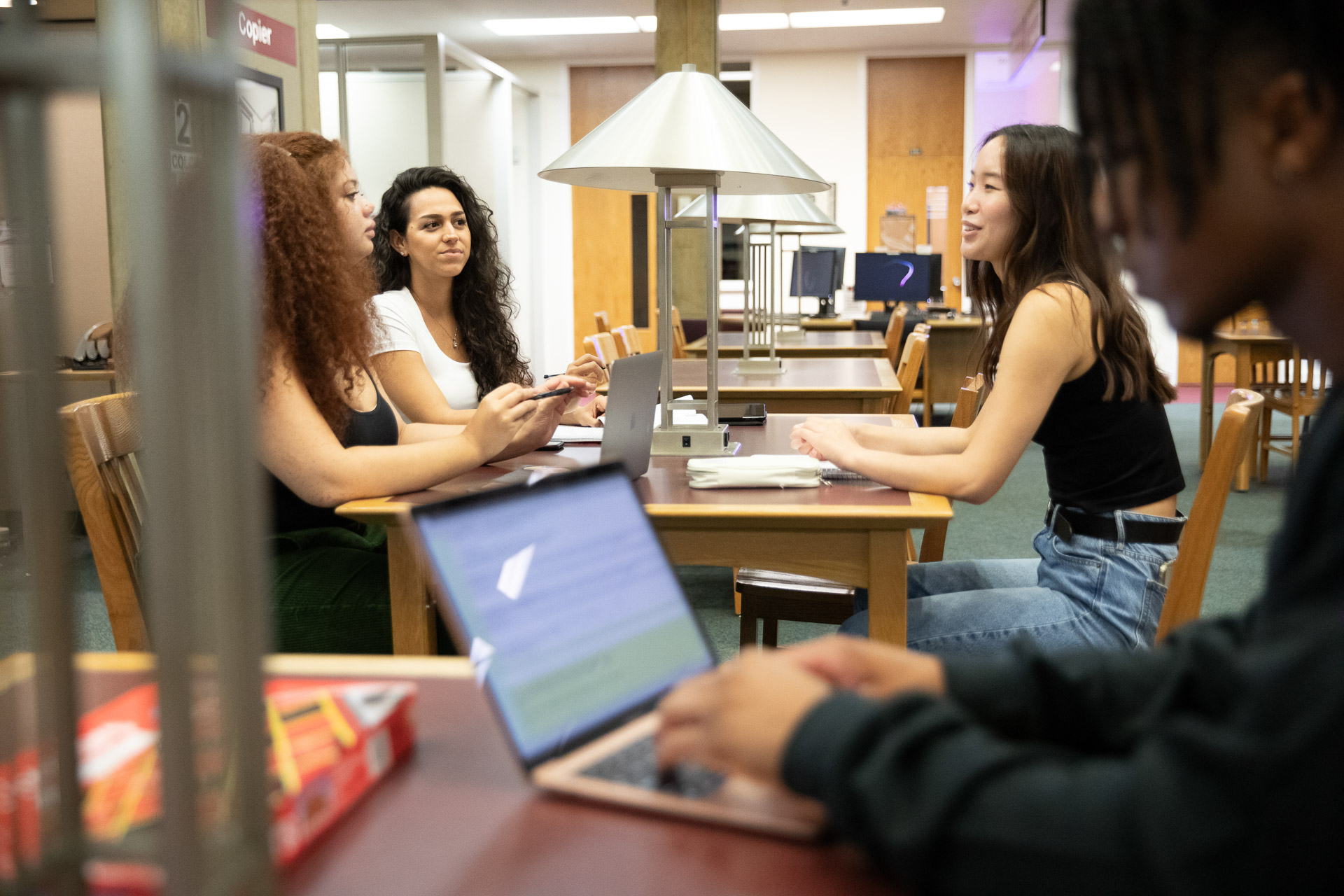

Medical Office
If you’re looking for a career in a high-demand sector, the field of health care has a major need for qualified medical office staff. Medical office staff plan, direct, coordinate, and supervise the delivery of health care so that the clinical experts can focus on patient care. Mt. Hood Community College offers six different certificate and degree options within our medical office program that you can choose from, with the billing and coding certificate offered entirely online.
Follow Your Passion, Find Your Program
Faculty and Contact Information
Medical Office Programs

Kaisa Larson, M.A. (she/her)
Program DirectorGresham Campus, Room AC2767


Caring for others in a meaningful career
Through the MHCC Medical Office program, you will learn to support doctors with the care of patients in a health care setting. You will help patients with scheduling, billing and coding, and insurance questions. You will support medical staff in pulling patient charts, documenting care, and communicating next steps to patients. And you will also learn to build a meaningful career for yourself.